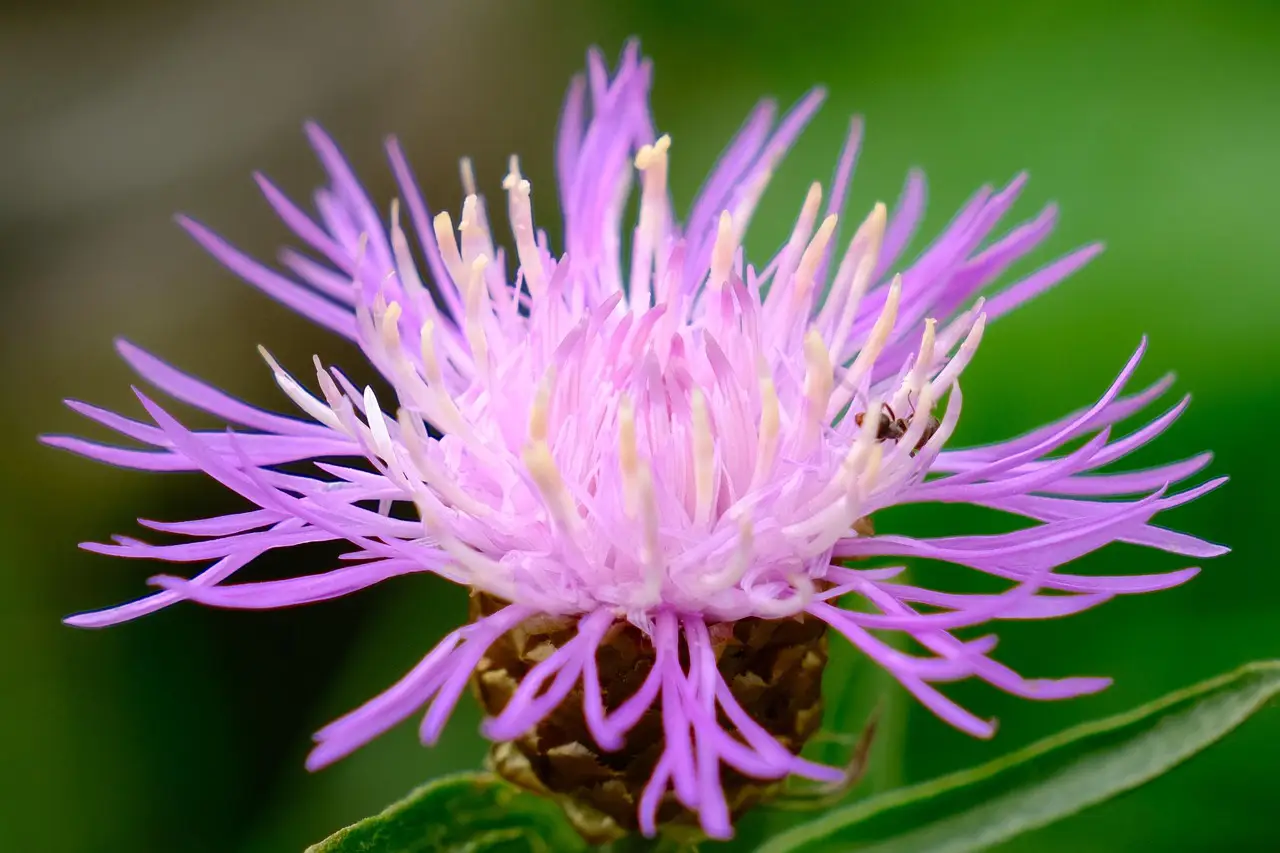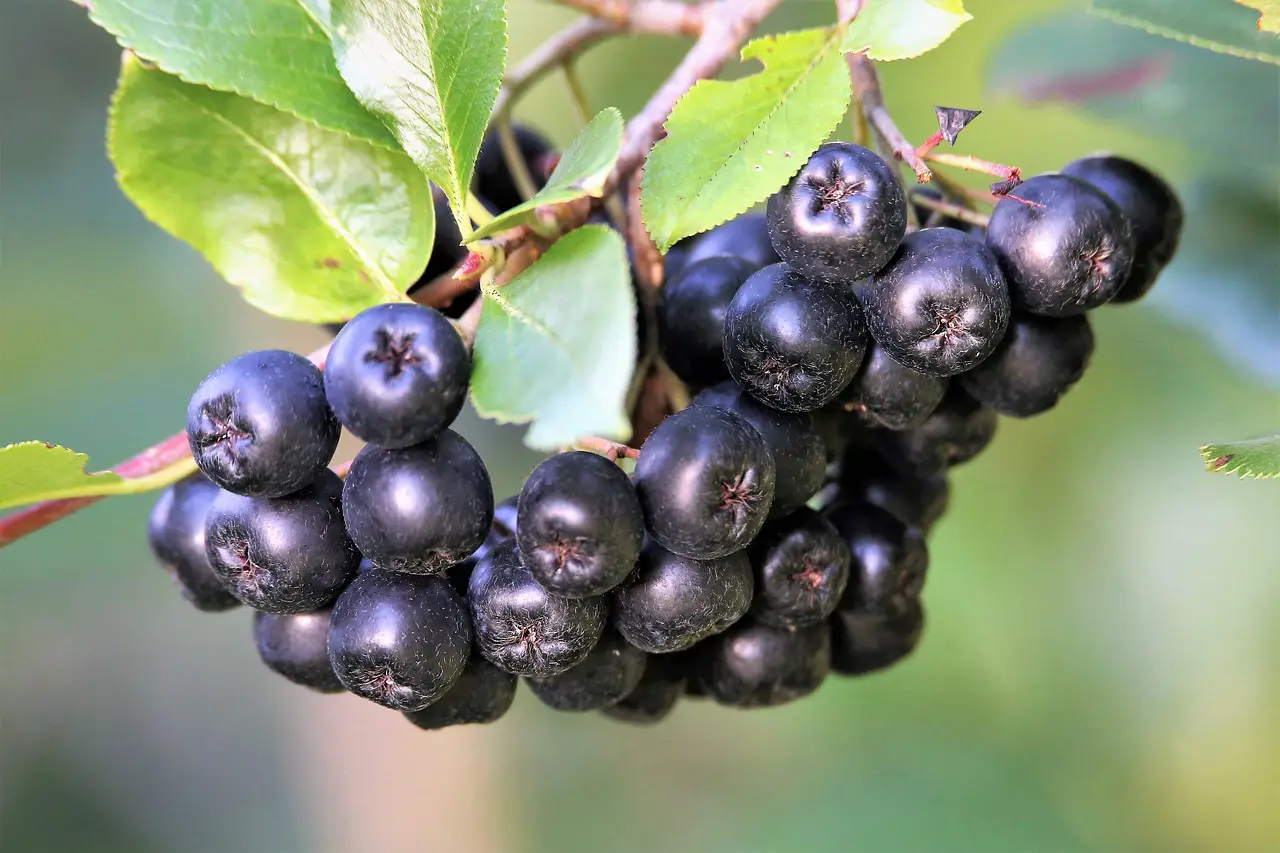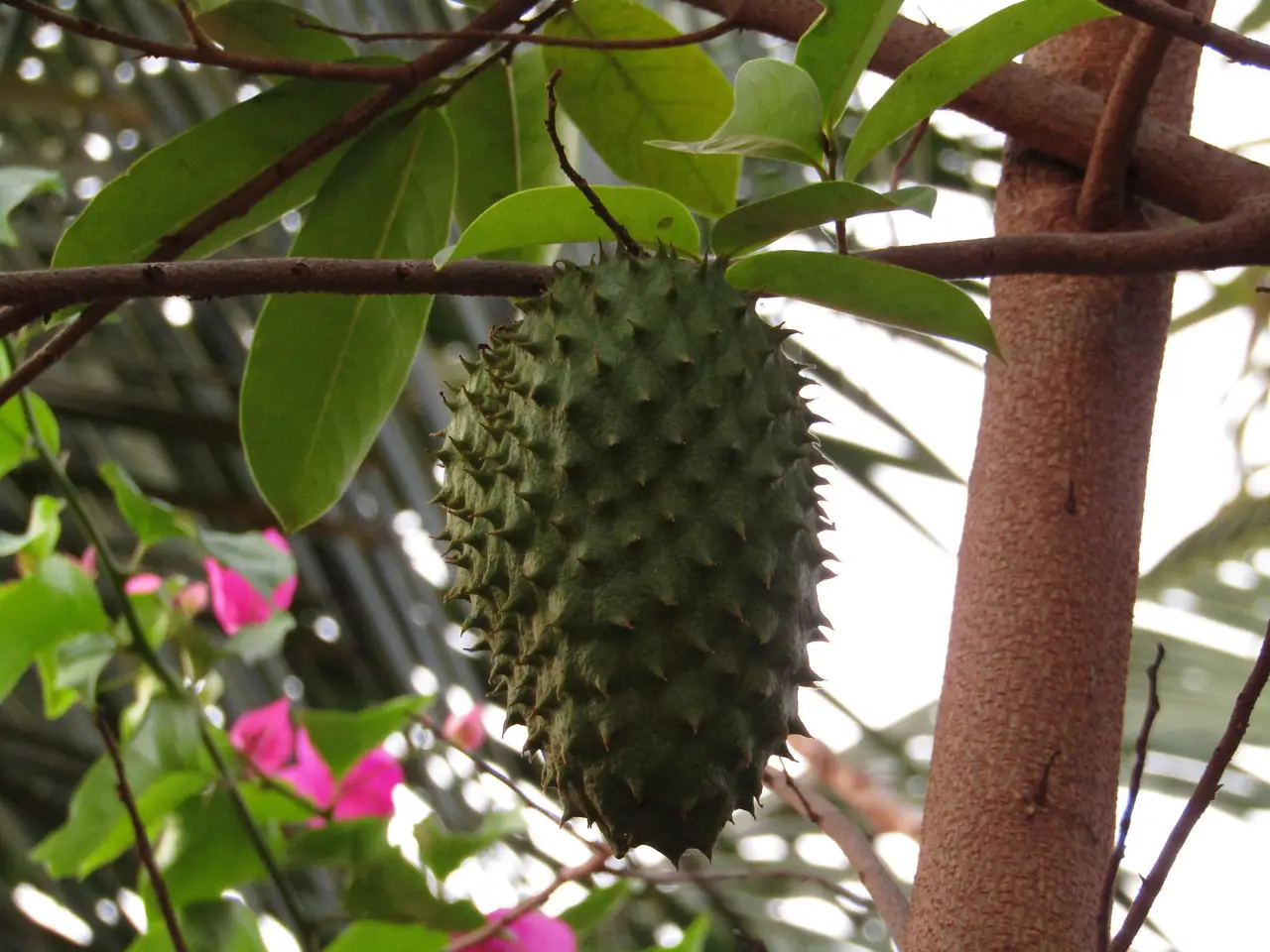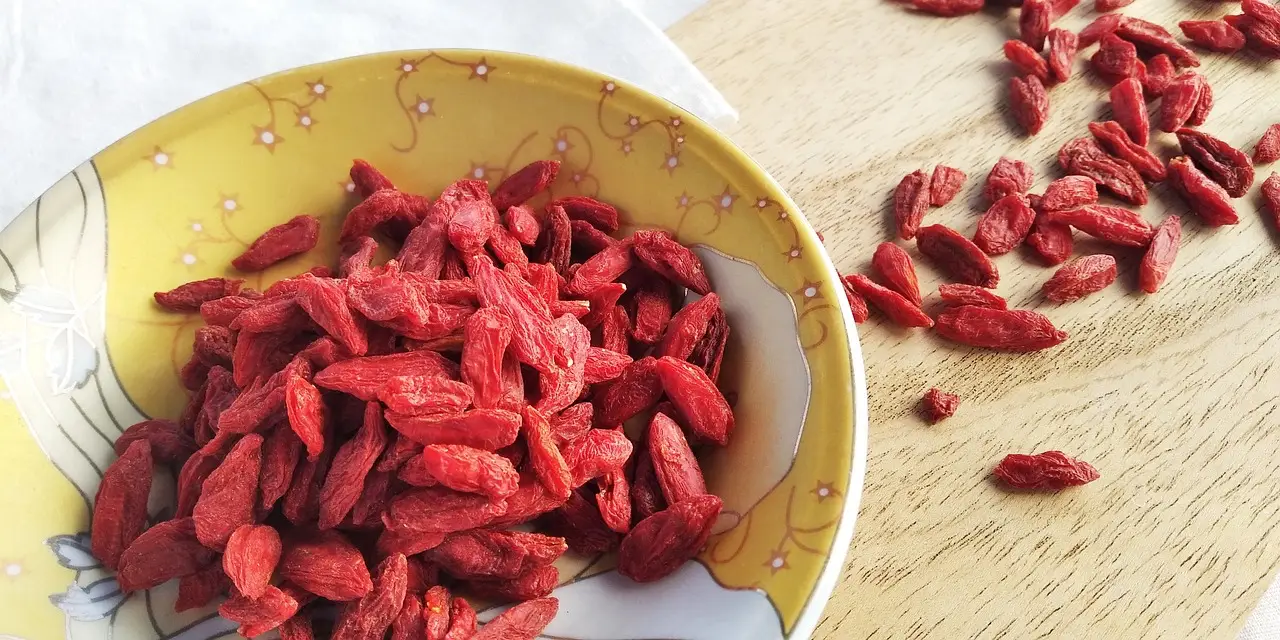This posting is part of Coupang Partners activity, and I receive a certain amount of commission accordingly.
Milk thistle is a plant from the daisy family, native to the Mediterranean region. It is also known by names such as St. Mary’s thistle or artichoke thistle, and in Korea, it is often referred to as “white-veined thistle.” In this article, we will explore the powerful benefits of silymarin, the key active compound extracted from milk thistle.

What is Milk Thistle?
Milk thistle is a plant that thrives in sunny and dry environments. It has spiny stems and can grow to a height of approximately 1.5 to 3 meters. Its leaves are broad with white spots and veins, and when crushed, they release a milky sap, which is where the name “milk thistle” comes from. The plant produces reddish-purple flowers and bears small, hard, speckled seeds. Due to its rapid growth, it is sometimes considered a weed in certain regions.
Milk thistle contains silymarin, a powerful antioxidant, along with other beneficial compounds that help protect the liver and enhance its regenerative ability.
Silymarin is extracted from the seeds of the milk thistle plant and is known for protecting liver cells from alcohol and harmful substances while promoting their regeneration. It also has anti-inflammatory properties, making it commonly used in the treatment of hepatitis. The benefits of this compound have been recognized for over 2,000 years and continue to be applied today in supporting the health of the liver, kidneys, and gallbladder. It is also widely sold as a dietary supplement in North America.
Nutritional Information
The main active ingredient in milk thistle is silymarin, a flavonoid complex extracted from the seeds. Silymarin consists of components such as silibinin, silidianin, and silicristin, and it helps in the recovery of liver cells damaged by alcohol or toxic substances. Additionally, it plays a role in preventing new liver cells from being damaged by harmful substances.
Moreover, silymarin has strong antioxidant and anti-inflammatory effects, making it a beneficial compound for individuals with liver inflammation or those suffering from hepatitis.
Milk thistle products commonly sold are in the form of standardized extracts, containing about 70-80% silymarin.
Milk Thistle Benefits
Milk thistle is used in the prevention and treatment of various liver diseases, including cirrhosis, alcoholic liver disease, viral hepatitis, and toxic hepatitis. Research has shown that silymarin helps increase the survival rate of patients with cirrhosis. In a four-year study, the survival rate of the group taking silymarin was 58%, while the placebo group had a survival rate of only 39%. This result indicates that silymarin has a positive effect not only on patients with alcoholic cirrhosis but also on those with early-stage liver disease (Child-Pugh A stage).
Additionally, silymarin helps stabilize cholesterol levels, reducing the risk of cardiovascular diseases, and it also aids in blood sugar regulation. Below are some of the main benefits of milk thistle.
It Is Effective in Protecting the Liver Damaged by Alcohol Consumption
Milk thistle is often used in the treatment of alcoholic liver disease and cirrhosis. Several studies have shown that milk thistle improves liver function and has a positive effect on increasing the survival rate of patients with cirrhosis or hepatitis. However, due to differences in the number of participants, treatment duration, and dosage in each study, further research is needed for more accurate conclusions.
It May Help in the Management of Viral Hepatitis
Milk thistle is used in the treatment of various viral hepatitis, including hepatitis C, but experts’ opinions on the results of studies are somewhat mixed. Some studies have shown that milk thistle improves liver function, while others found no significant difference.
In one study, 16 patients with hepatitis C who did not respond to interferon or ribavirin treatment showed a tendency for a reduction in viral levels after taking silymarin. Notably, 7 participants showed a significant decrease in the virus, with almost undetectable levels just 14 days after starting treatment.
It Has Excellent Detoxifying Effects
Milk thistle has traditionally been used as an antidote in cases of Phalloid mushroom poisoning. In one animal study, it was found that the mushroom toxins were completely neutralized within 10 minutes of consuming milk thistle. Thanks to this effect, it is expected that taking it within 24 hours of poisoning can reduce liver damage and significantly lower life-threatening risks.
It May Have Anti-Cancer Effects
According to studies, silymarin and the active components of milk thistle may have a positive impact on cancer prevention and treatment. These components are known to have the following effects:
- Inhibit the growth and spread of cancer cells.
- Shorten the survival time of cancer cells.
- Block blood flow to tumors, hindering their growth.
It May Help with Diabetes Management
Some studies have reported that taking silymarin, an extract from milk thistle, alongside diabetes treatment can lower blood sugar levels as well as total cholesterol, LDL cholesterol, and triglyceride levels. Another study showed that taking silymarin three times a day improved insulin resistance in patients with liver disease and diabetes. On the other hand, a study found no significant change in blood sugar levels after taking silibinin daily for four weeks.
Additionally, one study revealed that silymarin may provide a protective effect similar to that of sunscreen, potentially reducing the risk of skin cancer, while another study observed a synergistic effect with chemotherapy. However, further research is needed to determine whether these effects are consistent in real-world human conditions, beyond the laboratory environment.
It Helps Support Skin Health
According to research, the phytochemical compounds contained in silymarin can reduce oxidative stress caused by ultraviolet rays, which may have a positive impact on skin improvement. Oxidative stress can lead to various skin conditions, including skin cancer, and milk thistle may help alleviate this.
Additionally, for cancer patients undergoing radiation therapy, skin damage can occur, and studies have shown that applying silymarin extract to the skin may reduce such damage. However, this has been observed in some studies, and it is advisable to consult a professional before use.
It Helps Prevent Aging
The antioxidant compounds in milk thistle help prevent cellular damage caused by free radicals and assist in eliminating harmful substances accumulated in the blood and digestive system. This has a positive impact on both overall health and skin health, making it effective in preventing aging.
Additionally, it is effective in preventing various diseases that may occur with aging. Regular consumption of milk thistle can positively influence cardiovascular diseases, cancer, diabetes, kidney and liver damage, skin aging, and eye conditions.
Side Effects and Precautions
Traditionally, herbs have been used to enhance body functions and treat diseases due to their various health benefits. However, herbs can cause side effects or interact with other herbs, supplements, or medications, so it is important to consult with a healthcare professional before consuming them.
Milk thistle is generally considered safe, but some people may experience side effects. The most commonly reported side effects include nausea, vomiting, hives, dermatitis, and indigestion. Additionally, direct contact with the plant may trigger allergic reactions. It is advisable to be aware of potential side effects and consult a doctor before taking it if necessary.
Possible side effects of milk thistle include:
- Diarrhea
- Abdominal pain
- Nausea and vomiting
- Hives or rashes (when touched directly)
- Pregnant or breastfeeding women should avoid taking it.
- People with a history of hormone-related cancers, such as breast cancer, uterine cancer, or prostate cancer, should avoid taking it.
- People allergic to plants like pigweed, chrysanthemums, marigolds, chamomile, ragweed, or daisies should avoid it.
Milk thistle may have estrogen-like effects, so some women should avoid taking it. Women with fibroids, endometriosis, or a history of breast cancer, uterine cancer, or ovarian cancer should avoid it.
Additionally, it is important to inform your doctor of any supplements you are currently taking. This helps prevent potential drug interactions.
How to Take Milk Thistle
- Standardized herbal capsules (each capsule contains about 120mg to 140mg of silymarin)
- Liquid extract
- Tinctures
- Silymarin-phosphatidylcholine complex
Some studies have shown that the silymarin-phosphatidylcholine complex is absorbed better than standard standardized milk thistle products. Phosphatidylcholine is an important component of cell membranes, helping silymarin bind well to the cell membrane and preventing toxins from penetrating liver cells. Additionally, people with alcoholic liver disease should avoid alcohol-based extracts.
Recommended Dosage and How to Take It
Milk thistle extracts available on the market usually contain 70-80% silymarin. Since silymarin does not dissolve well in water, it is not recommended to drink it by adding it to tea. It is suitable to take 100mg to 200mg of silymarin, divided into two doses per day.
- Children: There is insufficient research on whether children can take milk thistle. Since liver disease can be very serious, it is important to consult a healthcare professional before taking it.
- Adults: If you feel there may be issues with your liver, it is important to consult a doctor first, as liver disease can be life-threatening.
Supplement Reviews
Silymarin, extracted from milk thistle (thistle), has excellent anti-inflammatory and antioxidant properties. The main reasons people purchase milk thistle or silymarin supplements are to improve fatigue and enhance liver function. Below are reviews from individuals who have taken silymarin supplements.
- Glutathione levels increased.
- Skin tone improved.
- Fatigue decreased.
- Liver was damaged due to frequent drinking, and the supplement was effective in protecting the liver.
- Purchased due to chronic hepatitis, but no significant effects were observed.
However, just because others have experienced benefits from the supplements, it does not mean everyone will achieve the same results. To make an accurate judgment, it is essential to consult with a doctor while taking supplements.



Leave a Comment